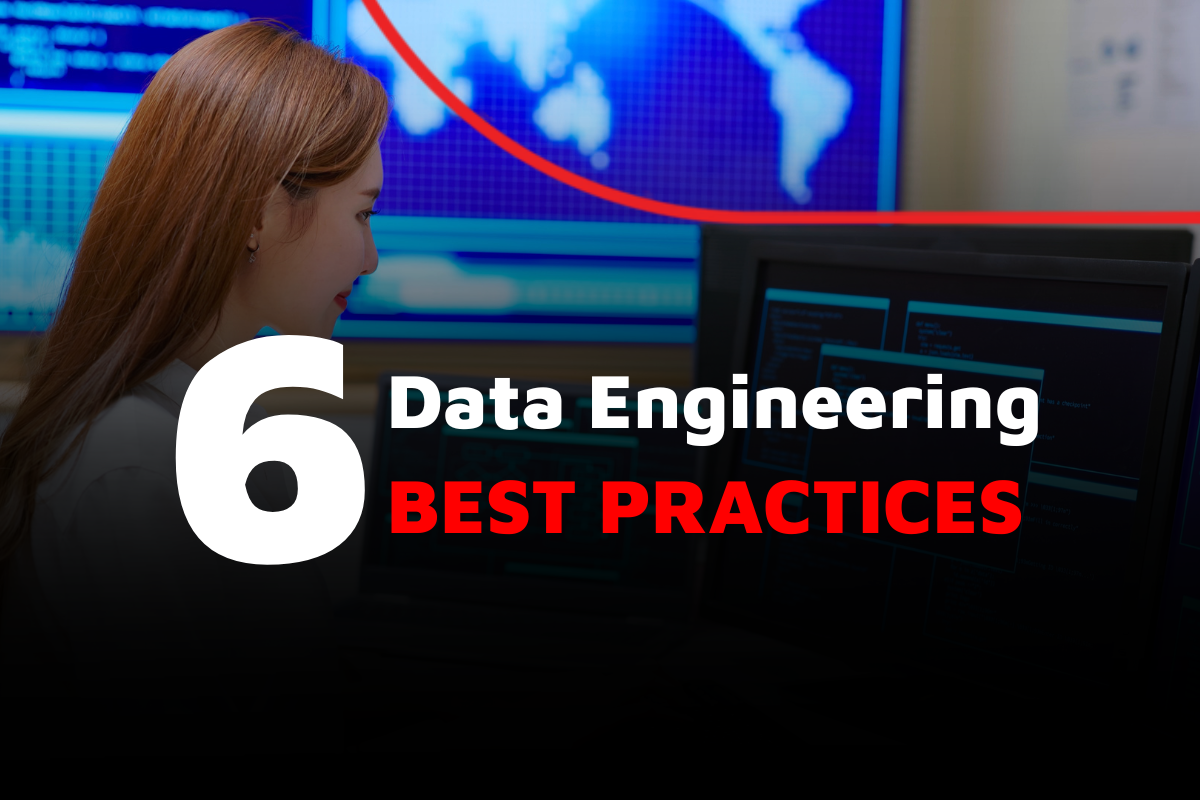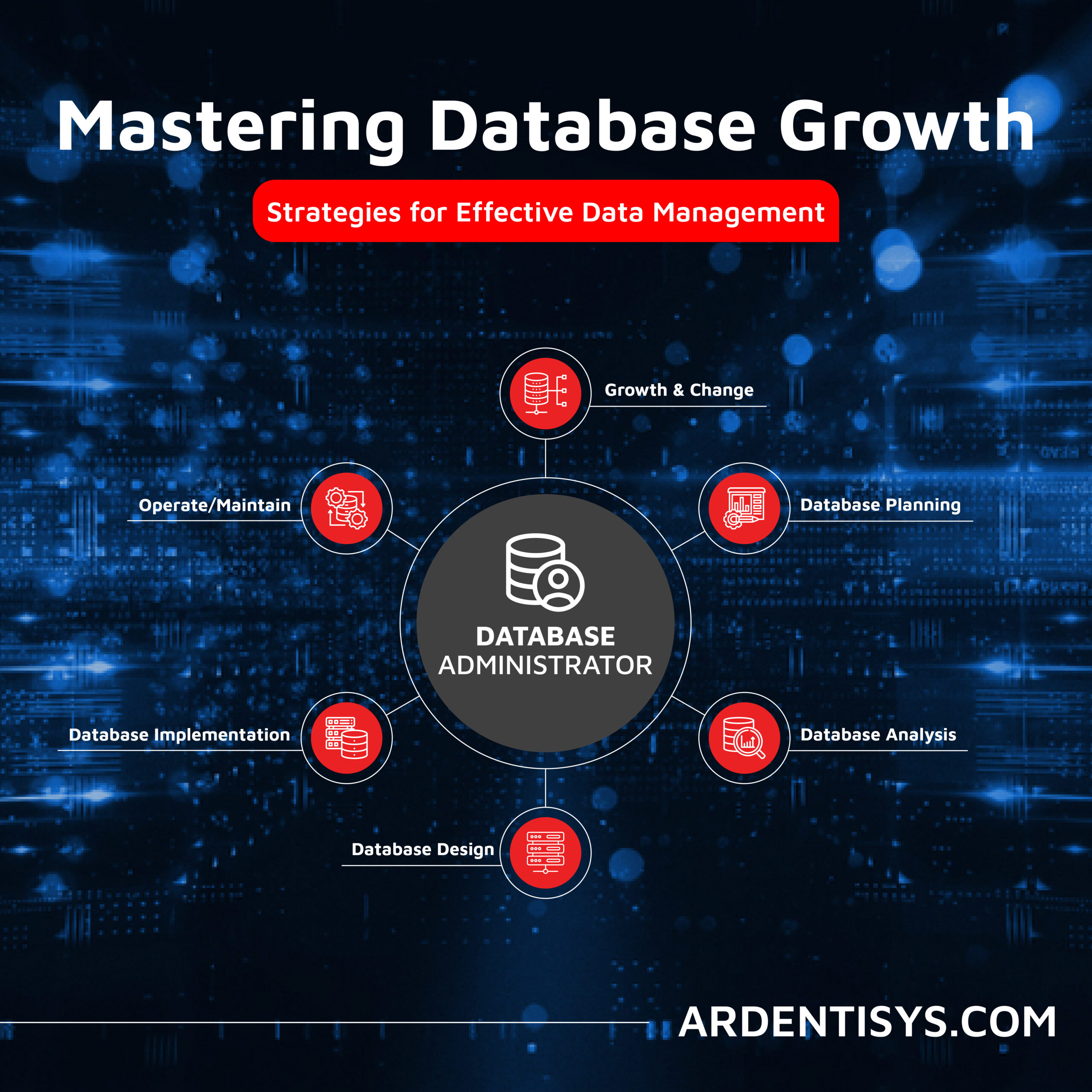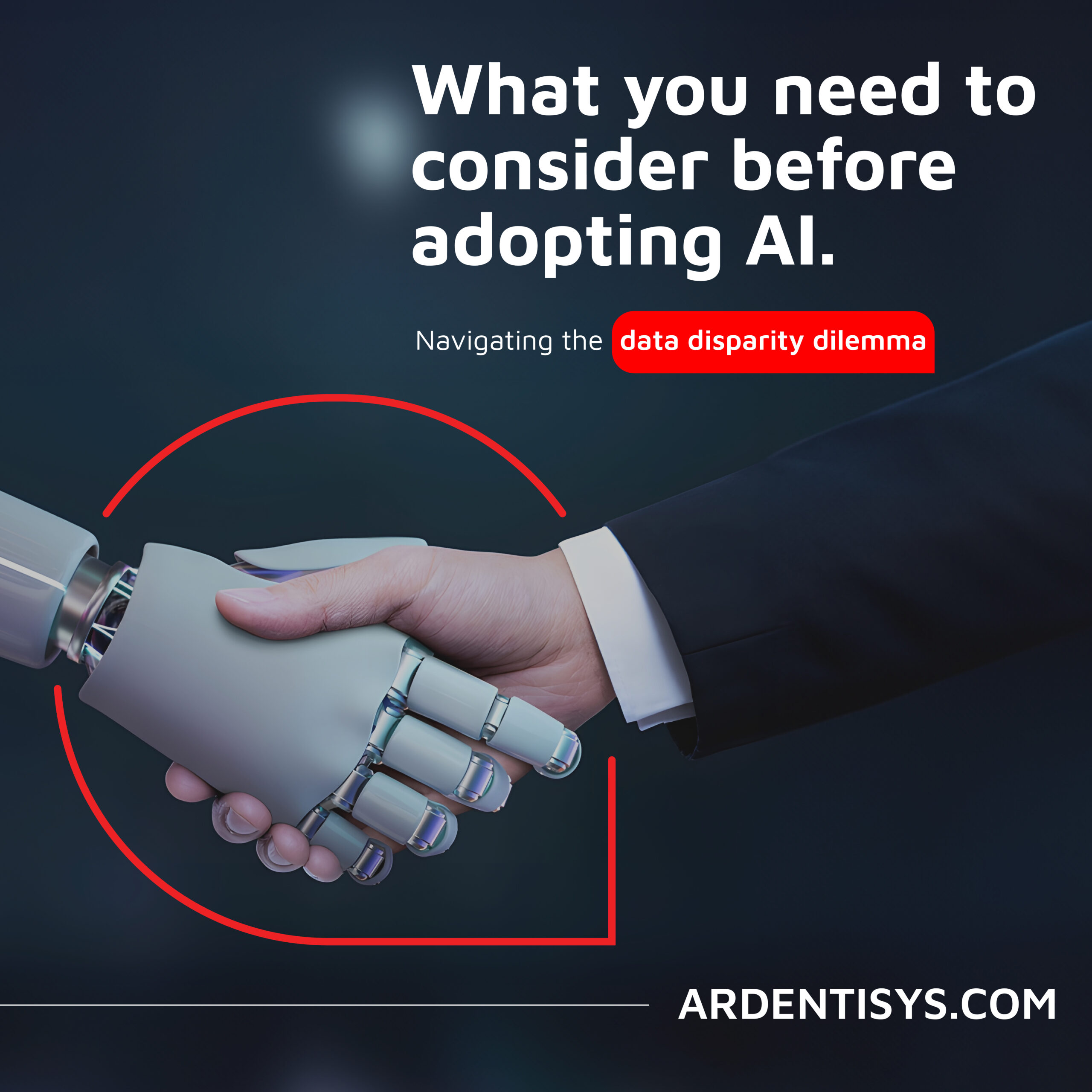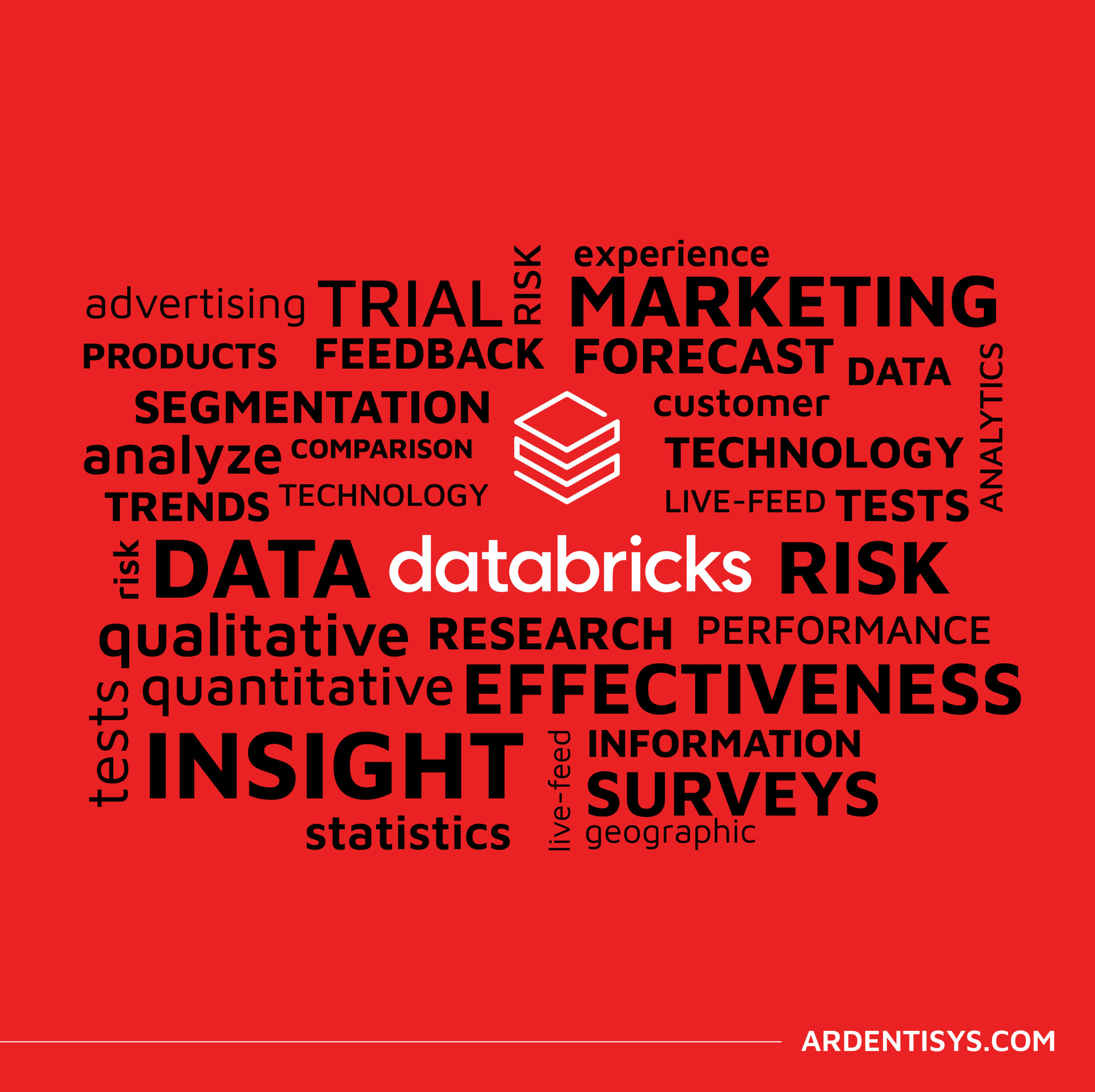Data engineering best practices you need to implement
25 April 2023 | Noor Khan

According to the McKinsey Global Institute, data-driven organisations are 23 times more likely to acquire customers. A business's data used effectively can be incredibly useful for a business to understand performance, make data-driven decisions and remain agile. World-renowned brands such as Netflix and Starbucks have adopted a data-first approach to drive significant growth and success.
There are many data engineering best practices businesses need to implement to take advantage of the benefits on offer. Here, we will look at some of those best practices adopted by our data engineering team with insights from some of our data leads.
Making data quality a priority
Data quality is absolutely essential for organisations that are looking to optimise their data performance, be agile and save costs. For most organisations, data will be spread across disparate sources and it will be varied in volume, velocity and variety, therefore most organisations will find data quality a challenge. However, the following are some steps that can help ensure data quality:
- Profile your data often
- Avoid duplication of data with well-architected data pipelines
- Understand the data requirements of the client or end-user
- Automate data quality testing
- Monitoring the data consistently
Designing data pipelines for scalability and performance
Data is growing and will continue to grow. If you are investing in building data pipelines, then they need to be built with scalability and performance in mind from the very beginning. Ensure you are choosing the right technologies that will enable this in a time and cost-efficient way. For example, AWS technologies such as S3, Athena, CloudWatch, CloudFormation, EMR, Batch and EC2 are some examples of technologies that can help build robust, secure and scalable data pipelines.
Read the full story on building robust, scalable data pipelines with AWS infrastructure to drive powerful insights.
Implementing a structure for monitoring and reporting
If your data is time critical and require continuous monitoring there needs to be an established structure in place when it comes to monitoring and reporting. For example, you will need to:
- Establish key metrics
- Identify error communication channel
- Set parameters of reporting, frequency, types of reporting etc
- Keeping up and maintaining a run book
Maintaining critical documentation
Documentation can be key to understanding performance as well as spotting any underlying issues and errors. This is particularly critical for SRE teams that may be monitoring data around the clock. They need to ensure that pre-agreed documentation is maintained in line with SLAs, especially in case there was a breach.
Continuous learning
Technology is constantly evolving, there you must ensure you are investing in continuous learning of new tools, technologies, strategies and methodologies. As your data evolves you need to have the capabilities whether that is in-outsource or through outsourcing to keep up with the change and demand. For example, Amazon Redshift might be your go-to data warehousing technology. However, you may have found that as your data has grown, it has slowed down in performance. You may consider looking for an alternative such as Databricks. You can only find alternatives and options if your team is exploring new technologies for R&D.
Make data security paramount
Ensuring robust data security practices is essential for any organisation dealing with data. You can do this in several ways including:
- Acquiring certifications – If you want to ensure robust security measures for your data then you may consider investing time and resources into acquiring certification, these can range from the likes of ISO 27001 or Cyber Essentials.
- Provide training – Ensure that you are providing consistent and regular data security training to all members of the business that deal with data and ensure that everyone is aware of the importance of following procedures.
- Data security handbook – Establish and put in place structures and procedures for data security best practices and ensure they are being followed.
Ardent data engineering services
At Ardent, we ensure we follow the industry's best practices to ensure your data is handled with utmost care for quality, scalability, performance, continuality and security. We have been around for more than 15 years and have worked with a wide variety of data with a range of clients, so rest assured your data will be handled by experts. Discover how our clients are succeeding with help from our expert data engineers:
Monetizing broadcasting data with timely data availability for real-time, mission critical data
Managing and optimising 4 petabytes of client data
Explore our data engineering services or get in touch to find out how we can help you unlock the potential of your data.
Ardent Insights

Overcoming Data Administration Challenges, and Strategies for Effective Data Management
Businesses face significant challenges to continuously manage and optimise their databases, extract valuable information from them, and then to share and report the insights gained from ongoing analysis of the data. As data continues to grow exponentially, they must address key issues to unlock the full potential of their data asset across the whole business. [...]
Read More... from Data engineering best practices you need to implement

Are you considering AI adoption? We summarise our learnings, do’s and don’ts from our engagements with leading clients.
How Ardent can help you prepare your data for AI success Data is at the core of any business striving to adopt AI. It has become the lifeblood of enterprises, powering insights and innovations that drive better decision making and competitive advantages. As the amount of data generated proliferates across many sectors, the allure of [...]
Read More... from Data engineering best practices you need to implement

Why the Market Research sector is taking note of Databricks Data Lakehouse.
Overcoming Market Research Challenges For Market Research agencies, Organisations and Brands exploring insights across markets and customers, the traditional research model of bidding for a blend of large-scale qualitative and quantitative data collection processes is losing appeal to a more value-driven, granular, real-time targeted approach to understanding consumer behaviour, more regular insights engagement and more [...]
Read More... from Data engineering best practices you need to implement






